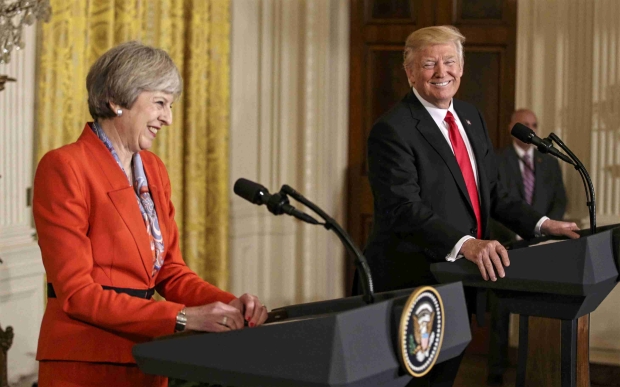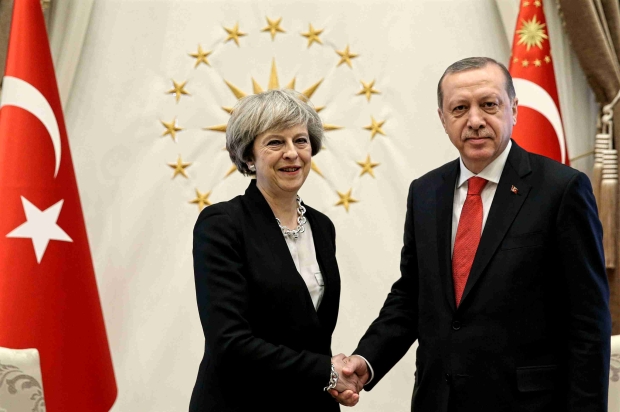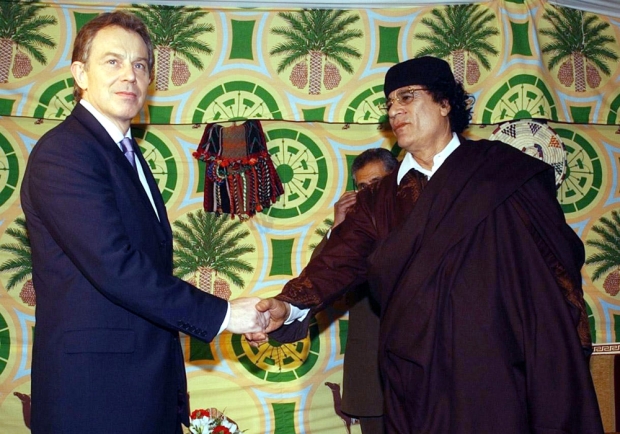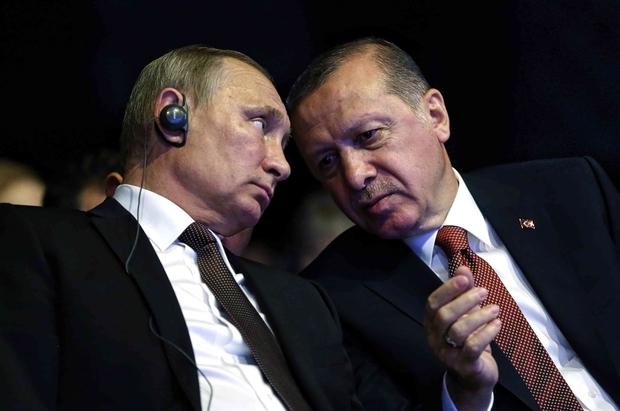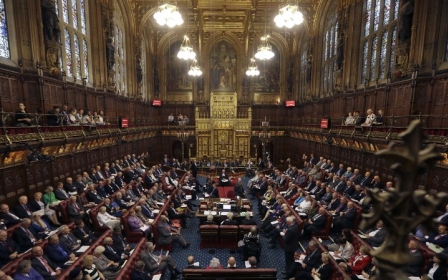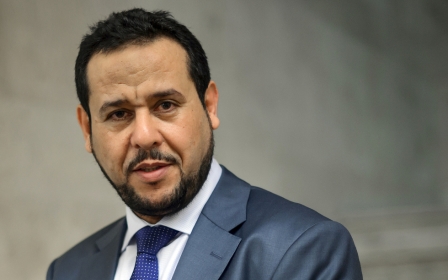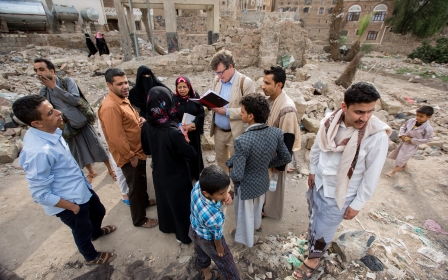The hollow crown: UK needs more than empty rhetoric on the world stage
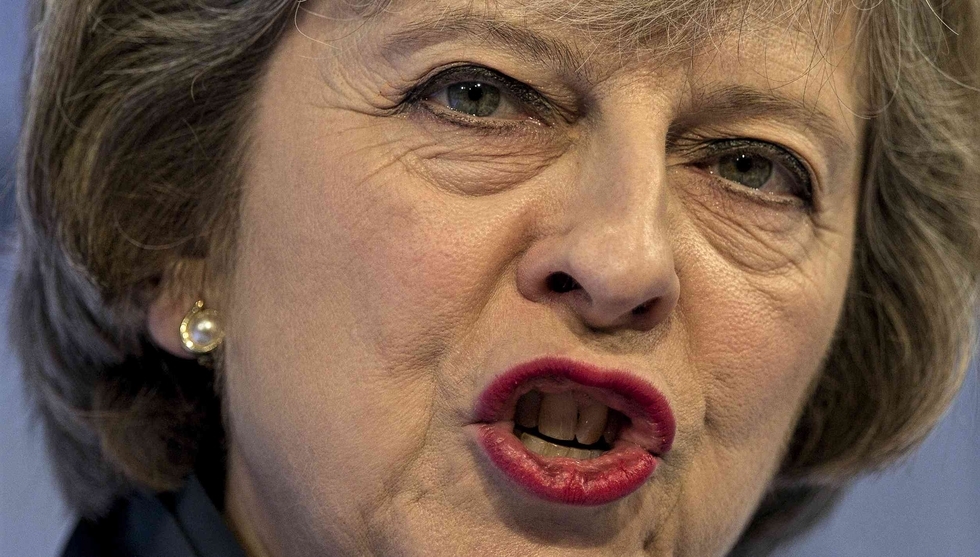
A seismic shift is taking place in global geopolitics. The West is in as much turmoil as the Middle East. It may be of a different kind, but the root causes are related and they should have implications for the wider region, including the assorted sultans, emirs and kings of the Gulf.
Britain may refresh its 'special relationships' with both the US and the Gulf. What does that actually mean as far as real power and influence is concerned?
Britain has turned its back on the rest of Europe and is struggling to find another role. Its traditional claim to be a bridge between the US and Europe lacks all credibility now.
Theresa May, Britain’s prime minister, came up with another concept at the recent World Economic Forum in Davos, Switzerland. Post-Brexit, she said, there would be a “truly global Britain”, supported by a “rules-based global order”.
READ: Theresa May is dull but dangerous
A few days later, she flew to Washington, cuddled up to Donald Trump, and declared a “new special relationship” with the US. On her way back to Britain, she dropped off at Ankara to see Turkey’s President Recep Tayyip Erdogan, and signed a £100m-plus deal for BAE Systems, Britain’s biggest arms company, to build that country’s first home-made fighter jets.
While there, she was embarrassed to learn that her new friend in the US had imposed an immediate ban on people from seven predominantly Muslim countries entering the US. So much for a rules-based global order.
They do not include any of the nationalities of the 9/11 US hijackers, 15 out of 19 of whom were citizens of Saudi Arabia, the others of Egypt, the UAE, and Lebanon.
Forget international law
The British defence secretary, Michael Fallon, was very quick to congratulate General James Mattis after Trump appointed him to the top post at the Pentagon, the US defence department.
“The US is, and will remain, our closest partner on security and defence," said Fallon. "I look forward to continuing our close cooperation to fight terrorism, deter aggression, and collaborate on innovative technologies to ensure the security of our nations."
British ministers, well aware of evidence of British collusion in torture - notably involving opponents of the former Libyan dictator Muammar Gaddafi - insisted they abhorred such a practice.
British ministers, well aware of evidence of British collusion in torture, insisted they abhorred such a practice. As far as Britain is concerned, it is all humbug
As far as Britain is concerned, it is all humbug. Gaddafi became a friend after promising to give up his nuclear, chemical and biological warfare programme, apologising for arming the IRA, promising to pursue the murderer of the British police woman Yvonne Fletcher, and paying compensation for the victims of the Lockerbie bombing. Gaddafi continued to torture his opponents. But lucrative arms and oil deals beckoned.
Saudi Arabia is a country whose clerics were responsible more than any other for spreading Wahhabism, an extreme interpretation of Islam, where prisoners are stoned and dissidents beheaded. It is also Britain’s most lucrative arms market.
Saudi Arabia has paid Britain more than £40bn for Tornado and Typhoon warplanes, some of which have recently dropped cluster bombs, banned by Britain, on targets in Yemen. This weapons trade is far too valuable for human rights to get in the way.
The weapons trade is far too valuable for human rights to get in the way
In Kuwait, another traditional close ally of Britain, seven prisoners were reported to have been executed last month, the first for four years. In Saudi Arabia last year, 154 people were executed, a near-record number.
Britain, meanwhile, is deepening its intelligence, as well as military ties, with these countries and also with Qatar and Oman, where GCHQ, Britain’s electronic eavesdropping agency closely tied to the US National Security Agency, has stepped up its presence.
No role for Europe?
In the Kremlin, meanwhile, Vladimir Putin must be smiling broadly as his influence in the Middle East increases, and he succeeds in persuading the Turkish president to join talks on the future of Syria where the West, and notably the US, is conspicuous by its absence.
Trump will soon have substantive talks with Putin and with Israeli Prime Minister Benjamin Netanyahu. His priority is to defeat Islamic State - but otherwise to intervene militarily as little as possible.
Britain wants to tell the US and the rest of Europe that it might have turned its back on the European Union but its ministers go out of their way to insist that NATO is as important as ever. They seize every opportunity to suggest Britain will play even more of a leading role among NATO’s European allies.
There is even less evidence that Europe will have the authority to play any meaningful role in influencing events in the Middle East. Britain may refresh its “special relationships” with both the US and the Gulf. What does that actually mean as far as real power and influence is concerned?
During a visit to Bahrain in December, Theresa May told Gulf leaders: “We in the UK are determined to continue to be your partner of choice as you embed international norms and see through the reforms which are so essential for all of your people.”
But governments cannot build meaningful alliances on empty rhetoric.
- Richard Norton-Taylor is a former security and defence editor at The Guardian. His books include In Defence of the Realm? The Case for Accountable Security and he has written a number of award-winning plays, including Bloody Sunday, which won an Olivier theatre award. He is on the board of Liberty and the National Council for Civil Liberties and has twice won Freedom of Information Campaign awards.
New MEE newsletter: Jerusalem Dispatch
Sign up to get the latest insights and analysis on Israel-Palestine, alongside Turkey Unpacked and other MEE newsletters
Middle East Eye delivers independent and unrivalled coverage and analysis of the Middle East, North Africa and beyond. To learn more about republishing this content and the associated fees, please fill out this form. More about MEE can be found here.



